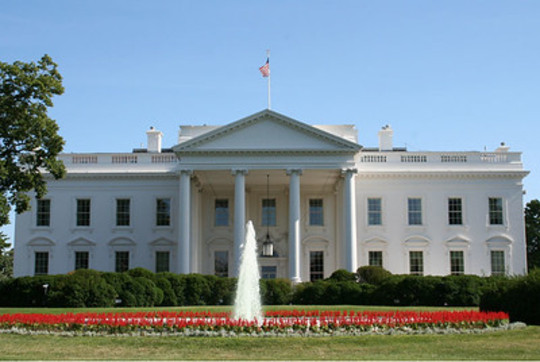The IFJ joined Reuters, the European Broadcasting Union, the World Association of Newspapers and other media and press freedom campaigners in sending a letter to the Department of Homeland Security urging them to drop the proposals which would drastically cut the amount of time a journalist could remain working in the US.
The “I visa” is required for all foreign journalists operating in the US, whether they are there for one week or five years. Once issued it is valid for up to five years, allowing journalists to work there continuously or travel in and out of the US for assignments.
The proposal by the Department of Homeland Security to limit the visa to 240 days, with a possible extension of a maximum of 240 days, would seriously impact the work of the foreign media in covering the news in the US.
The proposal is also unclear about how the decision about a possible extension would be reached and what would happen after the extension period has elapsed.
Many foreign news organizations have a permanent presence in the US by sending correspondents there for a number of years. This period of time allows the individual journalists to better understand the country and therefore better report on it to the rest of the world.
Restricting the time they could stay to a maximum duration of 480 days carries a substantial risk to how the US is represented globally.
The US authorities say they need to make the changes for national security reasons. The joint letter warns the proposals would be a serious threat to media freedom and undermine democracy.
The deadline for comments on the proposals is 26 October.
IFJ General Secretary Anthony Bellanger said: “This proposal does nothing to enhance security in the US, instead it damages media freedom and potentially allows the authorities to limit the time journalists they don’t like are allowed to work in the US. The authorities need to think again”.

